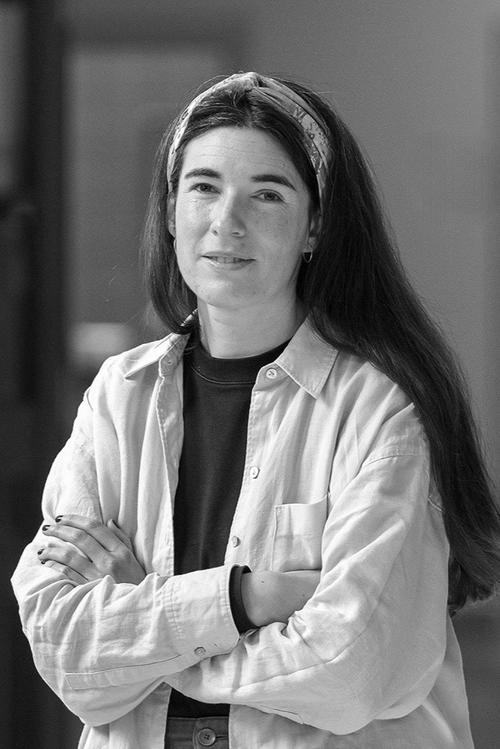Lorea Romero Gutiérrez
BUA Institution
Freie Universität Berlin
Description of research
My main areas of research are the transmission of scientific knowledge created within academic feminism, especially to the educational curriculum; the application of feminist standpoint to research methods in the social and human sciences; and the analysis of feminist policy and work in universities.
Where in the world has your career been largely based until now?
My career has been largely based in Spain. I completed a bachelor's degree in Sociology at the Universidad de Salamanca and a master's degree and doctorate in Education at the Universidad de Cantabria. I am currently a postdotoral research fellow of the Spanish Ministry of Science at the Univerdad de Deusto. My international experience also includes training and research stays in Chile, Iceland, and Argentina.
Why Berlin?
My main interest lies in the Margherita von Brentano Zentrum for Gender Studies at the FU, and its Visiting Scholar Program. I am attracted by the Centre's active involvement in organising academic events, and its current research focuses align with my own. Moreover, Berlin's uniquely academic, multicultural, open and diverse environment offers an inspiring backdrop for research.
What fascinates you about your research area?
What truly fascinates me about my research is diving into the genealogy of women's, feminist, and gender knowledge. It's a continuous journey of discovery, learning, and profound satisfaction. There's also a sense of anger, realizing how often the groundbreaking contributions of women, feminists and gender dissidents to civilization, progress, and democracies have been overlooked. These contributions were and still are made in incredibly creative and transgressive ways. Ultimately, the idea that this scientific knowledge can guide us toward innovative responses for achiving freer and fairer societies is what I find most enriching.
How did you become interested in your specific topic?
My interest in the transmission of scientific knowledge created within academic feminism stems from my own experience as a student and teacher. Firstly, upon completing my studies in Sociology, I noticed the absence in my academic training of scientific knowledge contributed to social theory by women, as well as feminist theories, methodologies and empirical studies in the field of sociology. Later, when I was involved in school classrooms as a teacher, I noticed the absence of this academic knowledge in school teaching. These experiences led me to undertake my thesis on Women's, Gender and Feminist Studies and curriculum innovation.
If you could have a radical career change for a week, what would it be?
Something related to travel writing or cinema.
How does the academic culture in Berlin differ from the academic culture you are used to?
I greatly value the openness of Berlin's universities to work and collaborate together as if they were one, which fosters a truly dynamic research environment.
Has Berlin had any surprises in store for you?
I was aware that Berlin was a multicultural and multilingual city, but I was pleasantly surprised by just how much!

